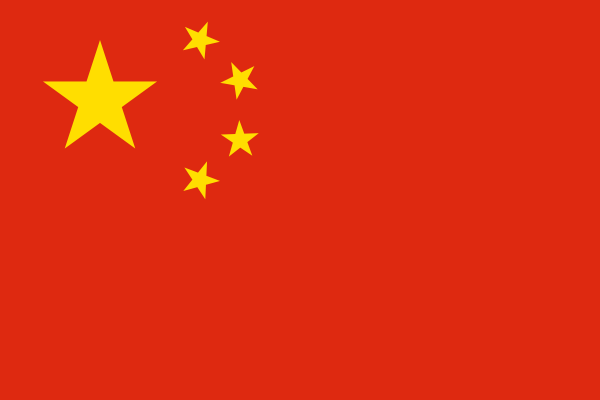China has increasingly cemented its hold on critical minerals essential for the global push toward net-zero emissions, with Zimbabwe emerging as a pivotal player in this strategy, Mining Zimbabwe can report.
By Rudairo Mapuranga
A new report from AidData, a research lab at the College of William & Mary in the United States, reveals how Chinese state-backed financial institutions have leveraged loans, joint ventures (JVs), and special purpose vehicles (SPVs) to dominate critical mineral supply chains worldwide, including Zimbabwe’s booming lithium sector.
Over the past two decades, China has extended nearly $57 billion in loans to 19 low- and middle-income countries, securing strategic stakes in key mineral deposits needed for the production of electric vehicle (EV) batteries, solar panels, and other renewable technologies. This dominance has been achieved through a complex web of financial mechanisms involving at least 26 state-backed institutions, including the Industrial and Commercial Bank of China, the Bank of China, and Citic.
Zimbabwe’s lithium sector, crucial for the global energy transition, has not been immune to this trend. All operational lithium mines in the country, including Bikita Minerals and Arcadia Lithium, are now controlled by Chinese firms. Sandawana Mine, which could potentially hold Zimbabwe’s largest lithium resource, is also being eyed by Chinese investors. Negotiations for the acquisition of part of the resource are reportedly in their final stages, further solidifying China’s control over the country’s lithium wealth.
The AidData report, titled Power Playbook: Beijing’s Bid to Secure Overseas Transition Minerals, highlights that over 75% of China’s investments in critical minerals are structured to ensure ownership stakes through JVs and SPVs, giving Chinese entities significant influence over both the extraction and processing of these resources. In the case of Zimbabwe, this has manifested in a series of Chinese takeovers of major mining projects, positioning China at the helm of Zimbabwe’s lithium industry, a mineral vital for the future of clean energy.
Unlike China’s Belt and Road Initiative (BRI), which focuses primarily on infrastructure, the report finds that mineral financing involves a much wider network of lenders and is characterized by long-term commitments through serial loans. These loans are often structured with guarantees, making them less risky for Chinese investors. Nearly 25% of loans in the mineral sector were backed by Chinese guarantors, a stark contrast to the typical 4% guarantee rate for BRI projects. This deeper, more strategic approach to mineral financing underscores China’s intent to secure upstream resources, particularly in lithium-rich nations like Zimbabwe.
In 2023 alone, Chinese companies invested roughly $16 billion in foreign mining projects, the highest figure in a decade. This surge in investment has raised concerns among resource-rich nations like Zimbabwe, where local ownership and financial returns from mineral extraction are increasingly diminished. In two-thirds of cases studied, JVs and SPVs excluded significant government ownership, effectively limiting these countries’ access to future revenue streams.
For Zimbabwe, the rise of Chinese dominance in the lithium sector brings both opportunities and challenges. On the one hand, Chinese investment has helped develop the country’s lithium mines, contributing to economic growth and job creation. On the other hand, concerns are mounting over the long-term implications of foreign control over such a critical resource. As the demand for lithium continues to rise globally, particularly for EV production, the question remains whether Zimbabwe will benefit from this boom or be left with limited control over its own resources.
The strategic acquisition of Zimbabwe’s lithium deposits by Chinese firms forms part of a broader geopolitical play by Beijing to secure access to critical minerals at a time when global competition for these resources is intensifying. As countries worldwide shift toward renewable energy and electric vehicles, the demand for lithium, cobalt, nickel, and other transition minerals is expected to soar. China’s head start in securing these minerals gives it a significant advantage in the global energy transition.
The AidData report highlights the growing importance of balancing foreign investment with national sovereignty over natural resources. For Zimbabwe, this means carefully managing its relationship with China to ensure that the benefits of lithium extraction flow to its people while also securing long-term financial returns from the sector. With the potential for Sandawana Mine to become one of the largest lithium resources in the country, Zimbabwe finds itself at the crossroads of a global scramble for critical minerals, with Chinese firms firmly in the driver’s seat.
As China continues to consolidate its hold on Zimbabwe’s lithium sector, the country must navigate the delicate balance between attracting foreign investment and retaining control over its most valuable resources. The outcome of these negotiations will not only shape Zimbabwe’s economic future but also have far-reaching implications for the global supply chain of critical minerals.




